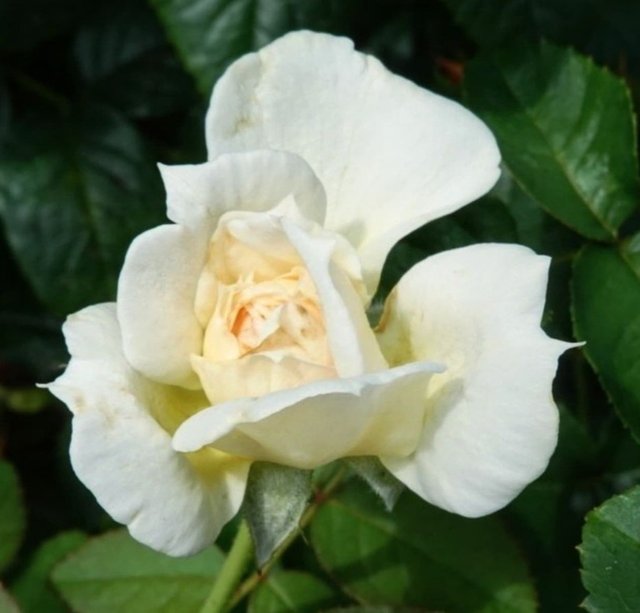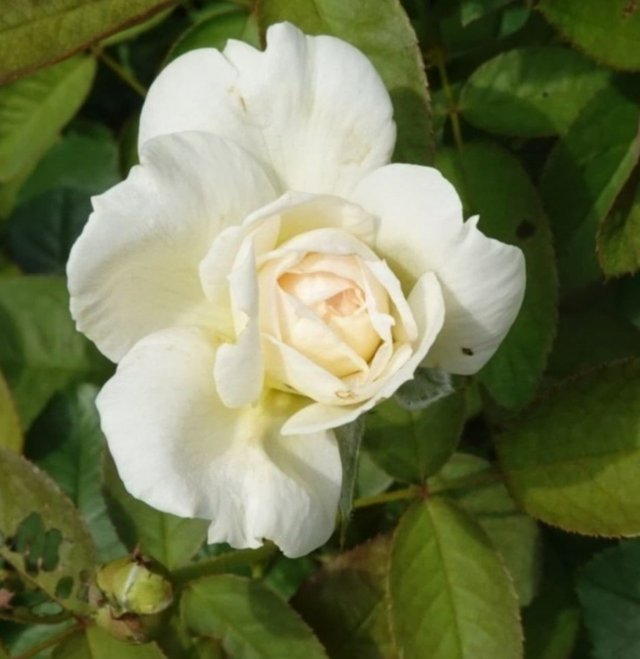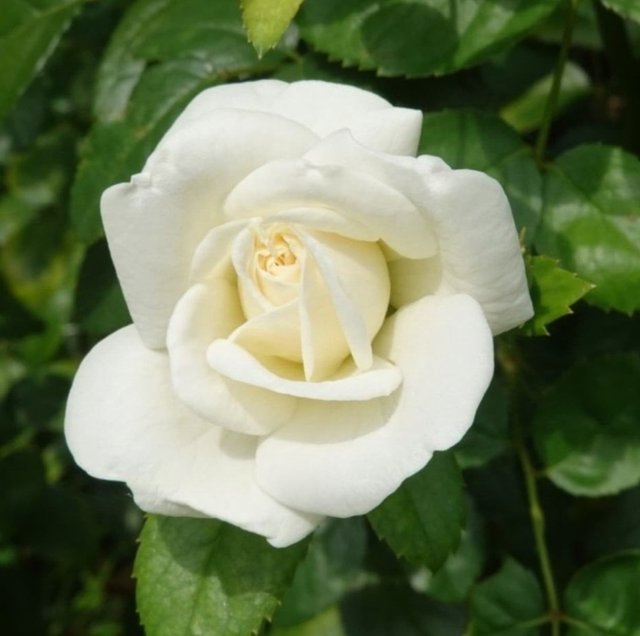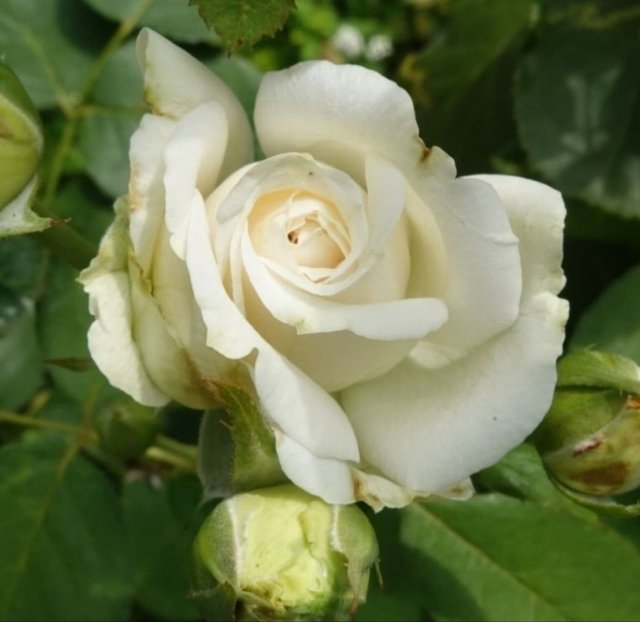White Rose of York So Beautiful
The White Rose of York, a symbol deeply intertwined with English history, carries rich historical, cultural, and symbolic significance. This emblem, often associated with purity and loyalty, emerged as the heraldic badge of the House of York, one of the two rival factions in the Wars of the Roses, a series of civil wars that shaped medieval England.
Origins of the White Rose
The origins of the White Rose of York trace back to the 14th century, during the reign of Edward III, whose descendants eventually divided into the Houses of York and Lancaster. The rose became a defining emblem of the Yorkist faction, distinguished by its white color, which symbolized innocence, virtue, and a divine claim to leadership.
In medieval heraldry, flowers often carried symbolic meanings, and the white rose was no exception. Its pristine hue represented the Yorkist cause's perceived righteousness and purity in their claim to the English throne.
The Wars of the Roses
The Wars of the Roses were a turbulent period of dynastic conflict between the Houses of York and Lancaster, symbolized by the White Rose and the Red Rose, respectively. These wars were fought over who should rightfully sit on the English throne, leading to shifting alliances, betrayals, and significant bloodshed.
The Yorkists, led by figures like Richard, Duke of York, and later his son Edward IV, prominently displayed the White Rose as a rallying symbol. The conflict reached its zenith during Edward IV’s reign and the brief tenure of Richard III, the last Yorkist king. The emblem represented the unity and identity of the Yorkist supporters throughout the strife.
The Tudor Rose
The Wars of the Roses ended with the Battle of Bosworth in 1485, where Henry Tudor defeated Richard III and ascended to the throne. To signify the unification of the warring houses and to solidify his rule, Henry VII married Elizabeth of York, the daughter of Edward IV. This union merged the White Rose of York with the Red Rose of Lancaster to create the Tudor Rose, a dual-colored emblem symbolizing the reconciliation of the two factions.
While the Tudor Rose became a national emblem, the White Rose retained its historical significance, especially in Yorkshire, where it continues to be a cherished symbol of regional pride.




